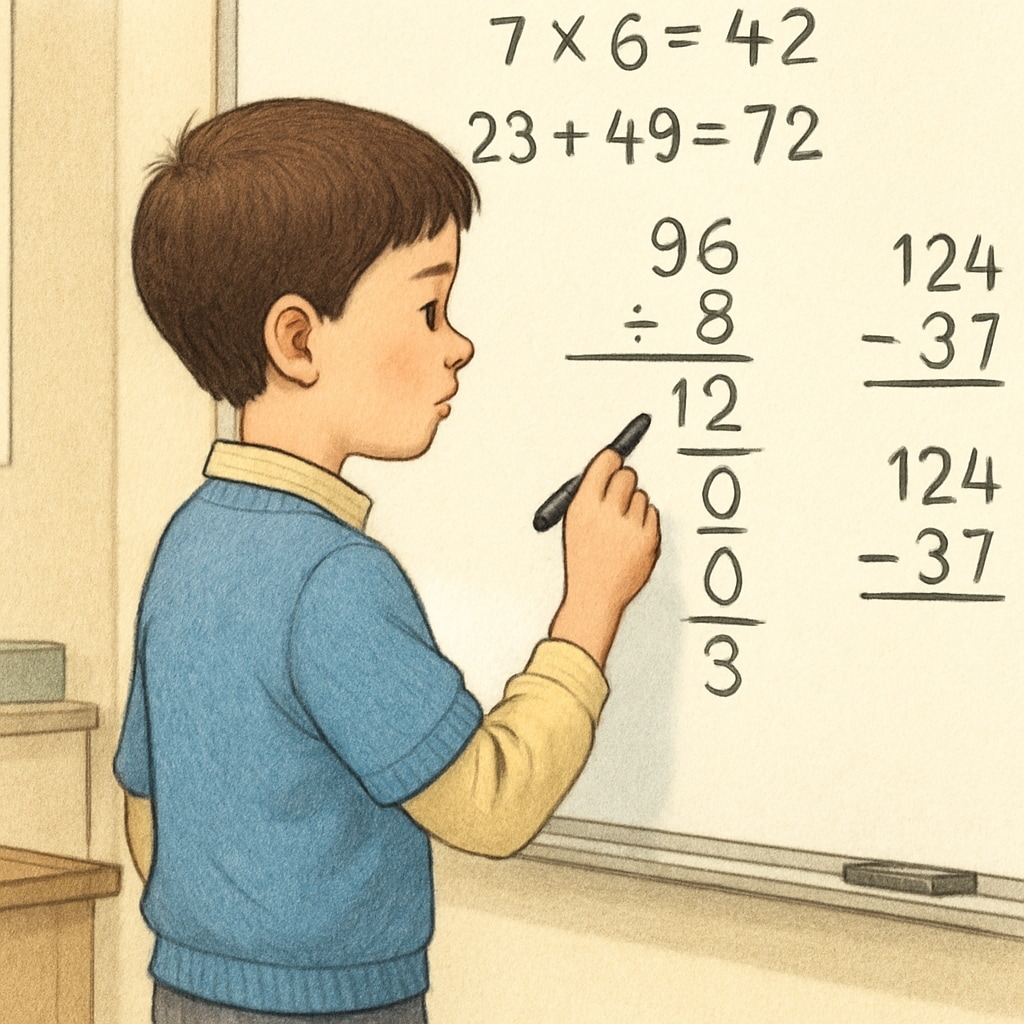For 16-year-old high school students passionate about mathematics and science, choosing a college major can feel daunting. Combining their enthusiasm with practical career planning is essential to ensure a fulfilling academic and professional journey. This article offers actionable guidance on how students can align their love for math with meaningful career choices, covering self-assessment, academic exploration, and real-world experience. By following these steps, students can confidently navigate the intersection of passion, capability, and future aspirations.

Understanding Your Passion and Skills
Passion and skills are the foundation of any career decision. For aspiring mathematicians or scientists, it’s crucial to evaluate their genuine interest in math-related fields and their ability to excel in them. Questions to consider include:
- What aspects of mathematics and science excite you the most? (e.g., abstract theory, problem-solving, data analysis)
- Do you enjoy working on practical applications or theoretical concepts?
- Have you consistently performed well in math-related subjects, and do you find joy in tackling complex problems?
Once these answers are clear, students can start aligning their interests with specific majors such as applied mathematics, computer science, engineering, or data science. Understanding one’s strengths early on can help narrow down options and focus on areas that resonate most.
Exploring Academic Possibilities Beyond Mathematics
While mathematics might be the core interest, exploring interdisciplinary majors can uncover new opportunities. For example, fields such as physics, economics, computer science, and architecture often integrate mathematical principles in unique ways. Students can research these disciplines and consider how math applies to solving real-world challenges. Online resources such as Wikipedia’s Applied Mathematics or Britannica’s Mathematics Overview provide insights into various applications.
Additionally, attending summer camps, workshops, or online courses in STEM fields can help expand horizons. Platforms like Khan Academy and Coursera offer introductory courses in data science, artificial intelligence, and other math-related studies, making it easier for students to test their compatibility with emerging industries.

Gaining Practical Exposure Through Internships and Projects
Practical experience often bridges the gap between academic theory and professional reality. High school students can seek internships, shadow professionals, or participate in school-based projects that involve math-related applications. For example:
- Interning at a local engineering firm to understand the role of mathematical modeling in design.
- Participating in coding competitions or hackathons to explore computer science applications.
- Contributing to research projects under a mentor to experience data analysis firsthand.
Such experiences not only strengthen college applications but also provide clarity about the day-to-day roles within potential careers. As a result, students can make more informed decisions about which majors align with their long-term goals.
Balancing Passion with Practical Career Goals
While passion is important, career viability should also be considered. Looking at industry trends and job market data can help students identify majors with strong potential for growth. For example, data science and artificial intelligence are rapidly growing fields offering high demand for math-savvy professionals. Similarly, engineering and actuarial sciences have consistently been lucrative career options.
To strike this balance, students can consult career counselors, use tools like the Occupational Outlook Handbook, or attend university open houses to learn more about specific programs and their career pathways. A proactive approach ensures that both passion and practicality are factored into the decision-making process.
In conclusion, choosing the right college major involves self-discovery, academic exploration, and real-world experiences. By leveraging their passion for mathematics and science, high school students can confidently embark on a career path that aligns with their aspirations and abilities. Start early, explore widely, and make informed choices to pave the way for a rewarding future.


